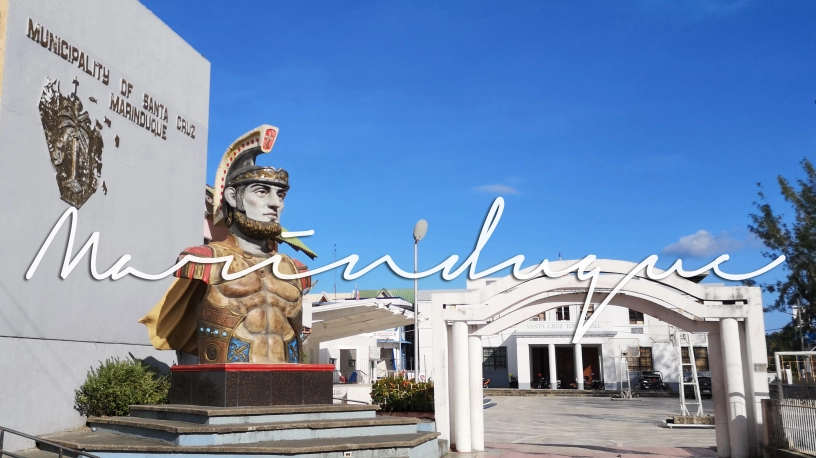On the day of mourning and commemoration of the life and death of Jesus Christ, Marinduqueños still preserve and practice this cultural tradition where they carefully blend bits and pieces of plants and turn them into a potion called “tawak”.
Preparations of this liquor were claimed to be passed down from generation to generation or by its great ancestors with the purpose of protecting humans against sickness, venom, and venomous animals. Healers, or traditional tawak-makers, known as “mantatawak,” usually prepare the “tawak” for brewing on the week of Pentecost.
The “mantatawak” uses ingredients from twenty or more different types of medicinal or natural plants (barks, leaves, herbs, and vines) harvested from Marinduque’s woodlands, riverbank forests, and mangroves. Preparing this drink commonly takes hours. Sometimes, the healer may pair the seasonal drinking practices, with an execution or with rituals such as “bulong,” “orasyon,” or “usal.”
The brew is gradually stirred until it turns red, or becomes a dark tea-colored concoction, which indicates that it is ready to be consumed. It also stems from the idea that conjuring potions will be most effective if consumed on Good Friday. The province’s residents are said to benefit from the potion’s supposed healing properties.
This potion was also thought by Marinduque’s elders to possess healing qualities that could address human impurities from inside. They retain the belief that anyone who takes it during Holy Week or thinks about holding onto it on Good Friday will have protection from illnesses and won’t get sick from bites, stings, or venomous snakes.
The bitterness of every shot of this brew that runs through their throats is incomparable to the pain and agony that Jesus Christ went through. And as a sign of recollection and dedication to Him, Marinduqueños’ continue to drink “tawak”, a custom that is still deeply ingrained in their blood and spirit. — Marinduquenews.com



